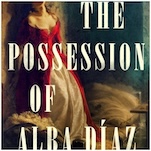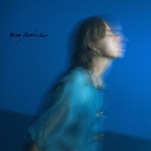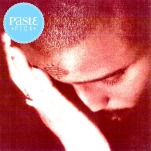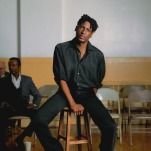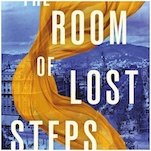Aside from Vampires and Witches, Anne Rice Also Wrote Very Strange Books About Angels
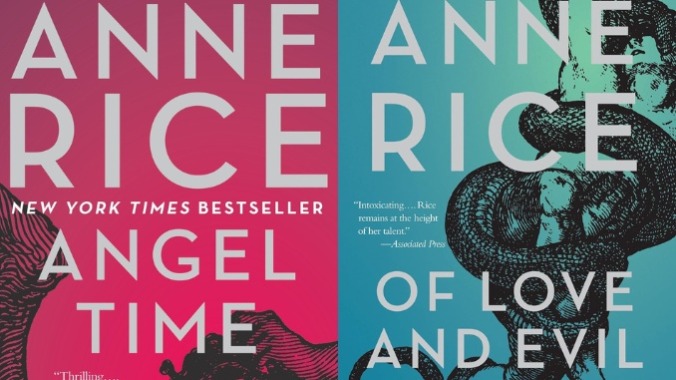
AMC’s Interview With the Vampire has given die-hard Anne Rice fans such as myself the lavish and densely imagined adaptation of the novel we always hoped for. Now in its second season, the show follows Louis and Claudia as they arrive in Paris and become embroiled in the lives of the Théâtre des Vampires, particularly their enigmatic leader Armand.
It’s a good time to be a Rice fan. Aside from IWTV, AMC has also given us Mayfair Witches, bringing the world of one of Rice’s weirdest novels to life with Alexandra Daddario starring as the reluctant heiress to a matriarchal dynasty of witches who are haunted by the spirit of a malevolent shape-shifting entity known as Lasher. That series was recently renewed for a second season. It’s all building up to a grand Immortal Universe for AMC, which will also include a third series focused on the mysterious Talamasca, the paranormal secret society that unites both vampires and witches in Rice’s novels.
Rice’s vampires are iconic well beyond the realms of genre fiction. Her creations—so lascivious and emotional and proudly queer—are as influential to vampire fiction as Bram Stoker. There’s a reason that this sprawling series of novels ultimately came to define Rice’s legacy, but she didn’t initially intend to dedicate her career to these beloved creatures, nor did she limit her scope to bloodsuckers. Rice’s bibliography includes vampires, witches, werewolves, djinn, mummies, the castrati, erotic fairy tales, and Jesus. Amid her latter-career titles is a curious duology dedicated to angels, an oft-overlooked story that reveals Rice at a crossroads in her life.
First, some context: After publishing Blood Canticle, a Vampire Chronicles book so hilariously bad that many of her fans thought it was a joke, Rice revolted and declared she would no longer write about vampires. She had, at that time, become a born-again Catholic and pledged to write only for Christ, which entailed two reasonably well-received novels about Jesus’s youth and the years not covered in the Bible. Eventually, she found her way to angels.
Around the time she began reconsidering her Christianity but before she welcomed Lestat back into her life, she wrote a duology called Songs of the Seraphim: Angel Time and Of Love and Evil. She described them as metaphysical thrillers, a blend of crime, history, and otherworldly belief. Are they great? Not necessarily, but they’re primed for an Immortal Universe-style adaptation, and they do show Rice’s trajectory both as a writer and as a woman with many questions about her devotions.
-

-

-

-

-

-

-

-

-

-

-

-

-

-

-

-

-

-

-

-

-

-

-

-

-

-

-

-

-

-

-

-

-

-

-

-

-

-

-

-


